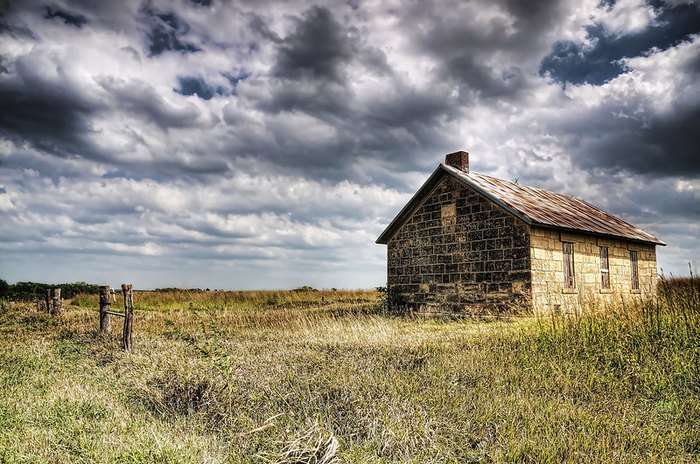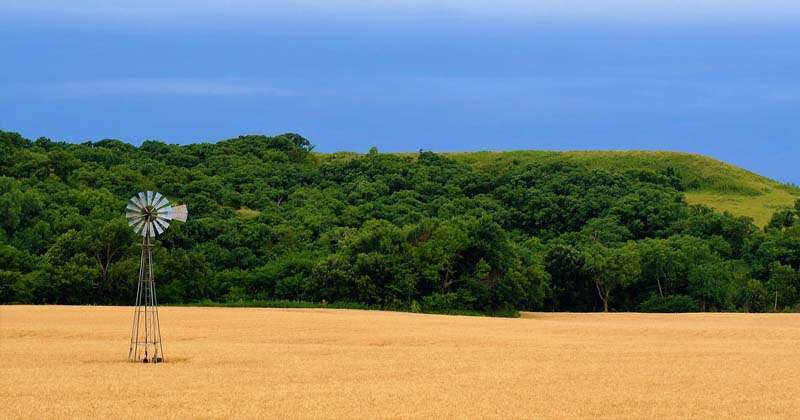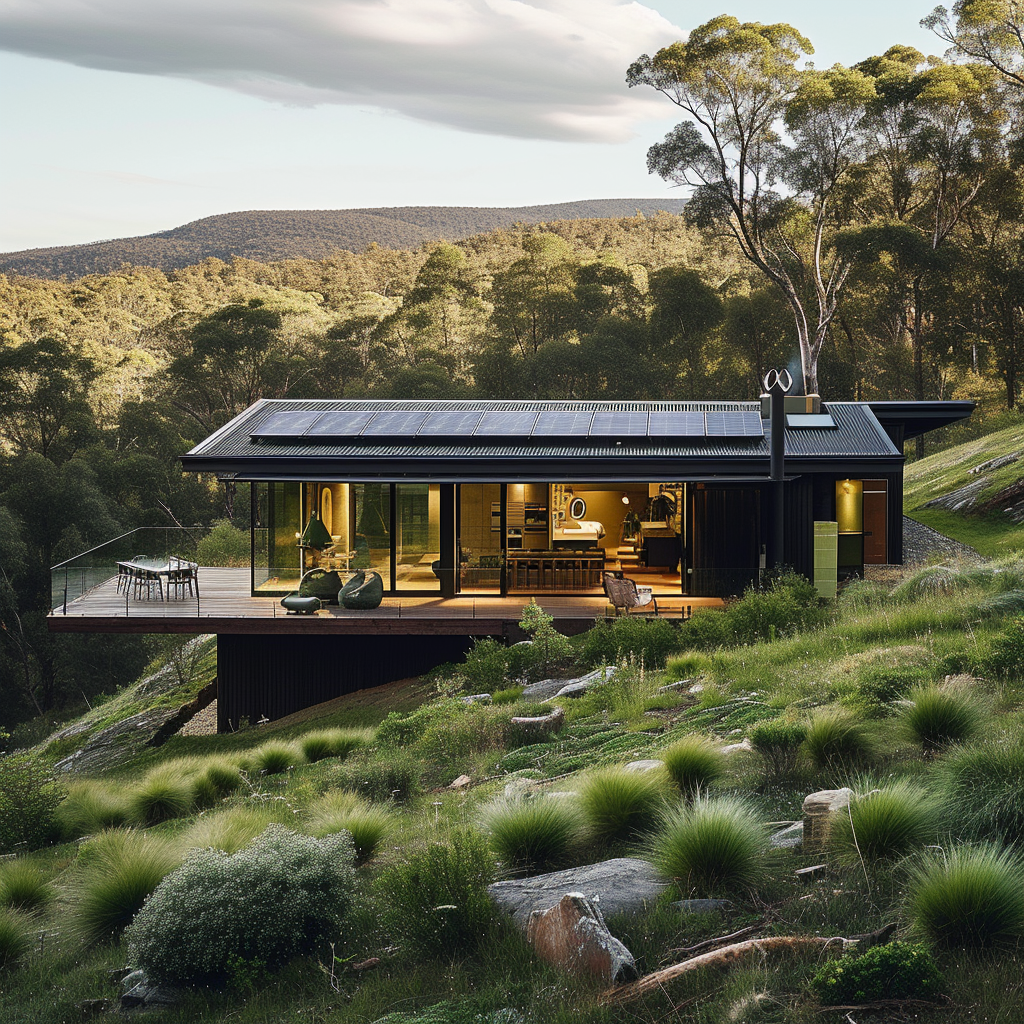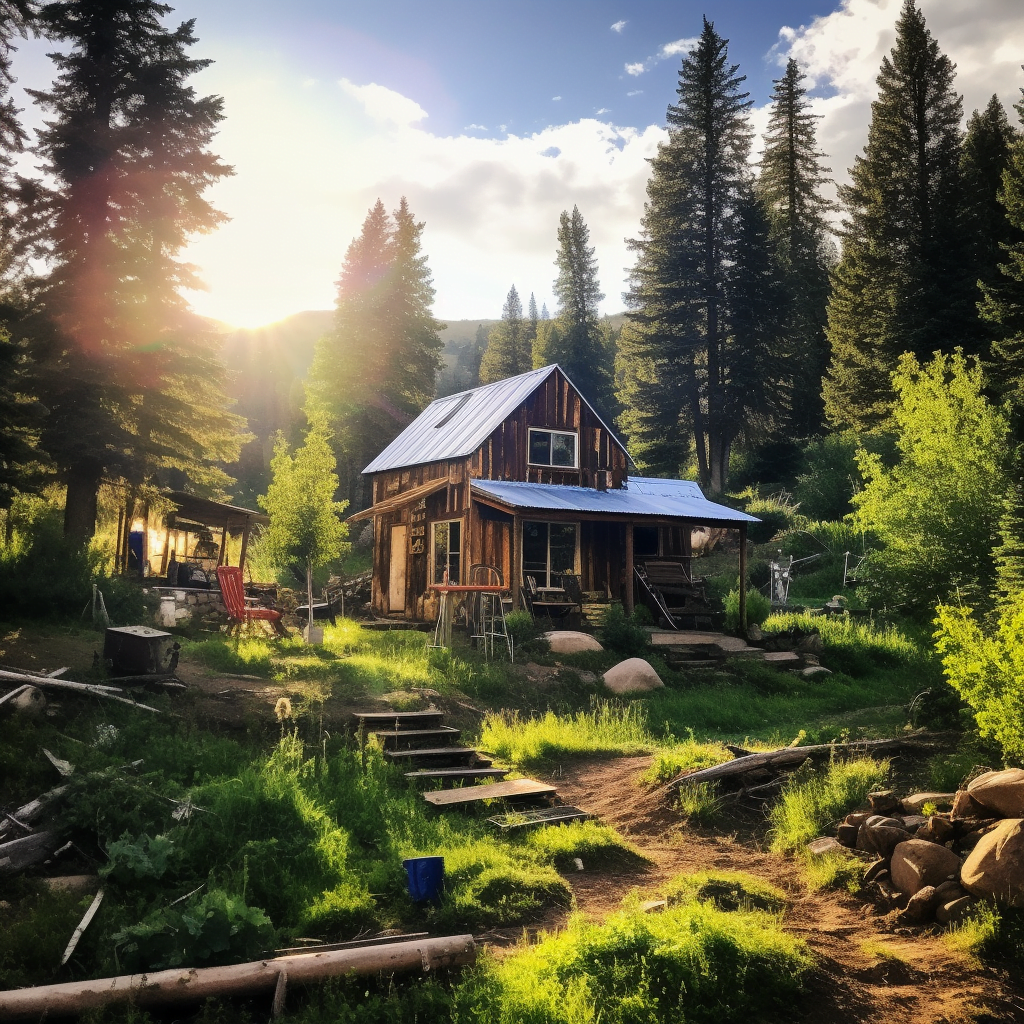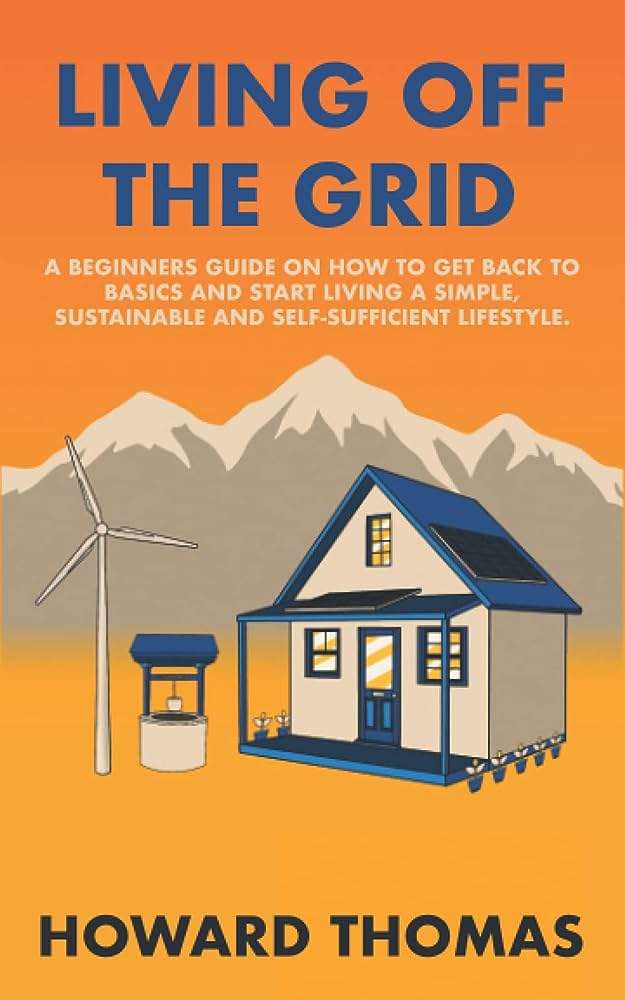If you’ve ever dreamt of living off the grid, Kansas might just be the perfect place for you. With its low cost of living and affordable land, it’s an ideal state for those looking to disconnect from the hustle and bustle of city life. What’s even better is that living off the grid is not only legal in Kansas, but some counties even allow the construction of tiny houses. From its diverse climates to the abundance of freshwater, Kansas offers a wide range of benefits for those seeking a self-sustaining lifestyle. However, it’s important to be aware of potential regulations surrounding rainwater harvesting. On top of that, the state boasts a thriving wildlife population, offering opportunities for hunting and fishing. With job opportunities in industries like agriculture, mining, and manufacturing, you won’t have to worry about making a living. However, it’s worth noting that while Kansas has a low unemployment rate, the crime rate can be slightly higher than the national average, particularly in urban areas. Lastly, being prepared for natural disasters such as earthquakes, floods, tornadoes, wildfires, and winter storms is essential. So, if you’re ready to embrace a cost-effective and legal off-grid lifestyle, get ready to call Kansas your home sweet home.
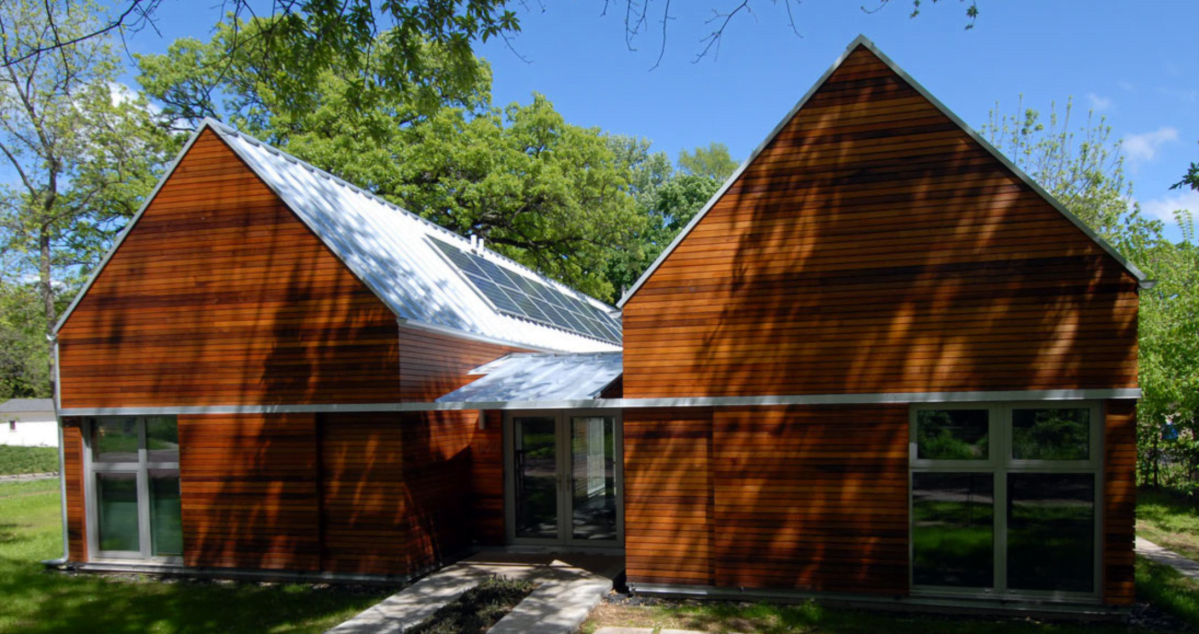
Cost of Living in Kansas
Low cost of living in Kansas
If you’re looking for an affordable place to live, Kansas is a great option. The cost of living in Kansas is relatively low compared to many other states in the US. This means that your money can go a lot further and you can enjoy a higher standard of living for less. Whether you’re renting or buying a home, paying for utilities, or going grocery shopping, you’ll find that the prices in Kansas are generally quite reasonable.
Affordable land available for off grid living
Kansas is also an ideal state for off grid living. With its vast open spaces and relatively low population density, there is plenty of affordable land available for those who want to live off the grid. Whether you’re interested in homesteading, starting a farm, or simply enjoying a more sustainable and self-sufficient lifestyle, Kansas offers plenty of opportunities. The availability of affordable land makes it easier for people to realize their dreams of living off the grid without breaking the bank.
Legal Considerations
Off grid living is legal in Kansas
One of the major advantages of living in Kansas is that off grid living is legal. Unlike some states where regulations and restrictions make it difficult or even impossible to live off the grid, Kansas offers a welcoming environment for those who want to embrace a more self-sufficient lifestyle. This means that you have the freedom to generate your own power, collect rainwater, and live independently without interference from the state.
Some counties allow tiny houses
In addition to off grid living, some counties in Kansas also allow the construction and occupancy of tiny houses. Tiny houses have become increasingly popular in recent years, offering a smaller and more minimalistic living space. This can be a great option for those who are looking to downsize, reduce their environmental footprint, or simply live a simpler and more affordable life. The fact that Kansas allows tiny houses in certain counties makes it even more attractive for people who are interested in alternative housing options.
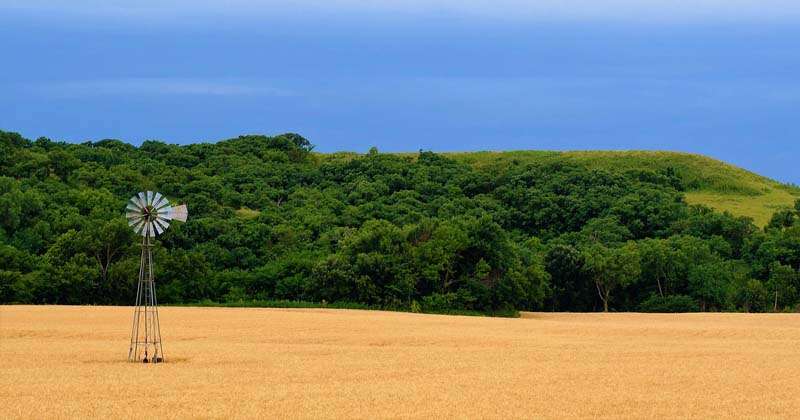
Climate in Kansas
Variety of climates in Kansas
When it comes to climate, Kansas offers a variety of options. The state is known for its wide range of weather patterns and conditions, which can vary depending on which part of the state you’re in. From the dry and arid conditions of the western regions to the more temperate and humid climates in the eastern parts, Kansas has something for everyone.
Semi-arid steppe climate
The western half of Kansas is characterized by a semi-arid steppe climate. This means that the region experiences hot summers and cold winters, with low precipitation throughout the year. If you prefer a drier and more desert-like climate, this part of Kansas may be ideal for you.
Humid continental climate
Moving towards the central parts of the state, you’ll find a humid continental climate. This means that the summers are hot and humid, while the winters are cold and often snowy. If you enjoy the changing seasons and don’t mind the humidity, this climate might be a good fit for you.
Humid subtropical climate
Finally, in the southeastern corner of Kansas, you’ll find a humid subtropical climate. This region experiences hot and humid summers, mild winters, and a moderate amount of rainfall. If you prefer warm and tropical-like conditions, this part of Kansas could be the perfect place for you.
Water Availability
Plenty of freshwater available in Kansas
Kansas is fortunate to have abundant freshwater resources. The state is home to several rivers and lakes, providing ample water for residents. Whether you’re interested in fishing, boating, or simply enjoying the beauty of nature, you’ll find plenty of opportunities to do so in Kansas. The availability of freshwater is an important consideration for those who want to live off the grid, as it ensures a reliable water source for drinking, cooking, and other basic needs.
Possible regulations for rainwater harvesting
While Kansas has plenty of freshwater, there may be regulations regarding rainwater harvesting. Some counties or municipalities may have specific rules and restrictions on collecting rainwater for personal use. It’s important to research and familiarize yourself with these regulations if you’re planning on utilizing rainwater as a source of water for your off grid lifestyle. By doing so, you can ensure that you stay in compliance with local laws and regulations.
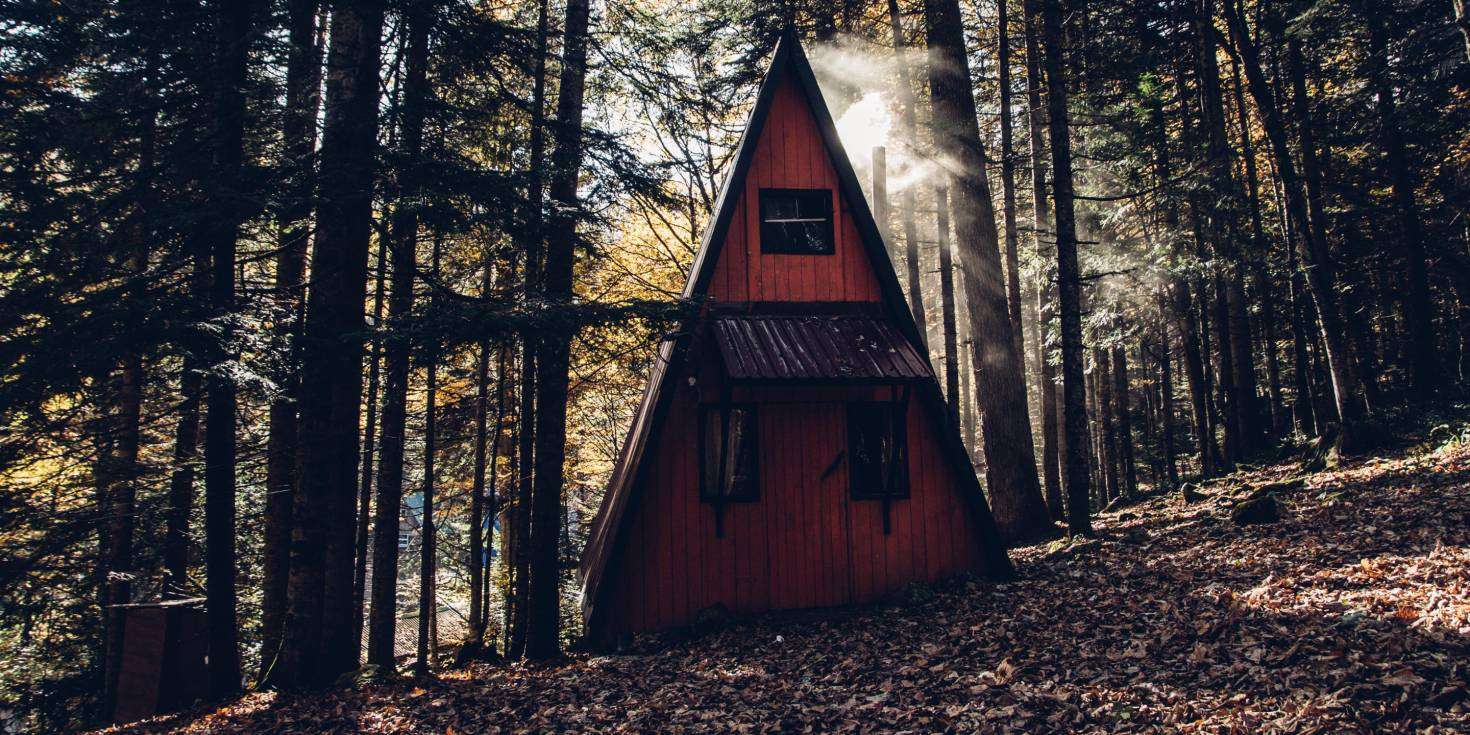
Wildlife and Outdoor Activities
Abundant wildlife in Kansas
Kansas is well-known for its abundant wildlife. From deer and turkeys to quail and pheasants, the state offers a diverse range of animal species for wildlife lovers to enjoy. Whether you’re interested in birdwatching, wildlife photography, or simply observing animals in their natural habitats, Kansas provides a wealth of opportunities.
Opportunities for hunting and fishing
If you’re an avid hunter or angler, Kansas is a fantastic place to indulge in your favorite outdoor activities. The state offers hunting seasons for a variety of game species, including deer, turkey, pheasant, and waterfowl. Similarly, fishing enthusiasts can cast their lines in the many lakes and rivers throughout the state, with an abundance of fish species to target.
Permits required for hunting and fishing
It’s important to note that permits are required for hunting and fishing in Kansas. These permits help regulate and manage the state’s wildlife populations, ensuring the sustainability of these resources for future generations. Make sure to obtain the necessary permits before engaging in these activities to avoid any legal issues.
Economic Factors
Property tax in Kansas
One important economic factor to consider when planning a move to Kansas is the property tax. In general, property taxes in Kansas are higher than the national average. This means that you’ll need to budget accordingly if you’re looking to purchase a home or land in the state. However, it’s also worth noting that Kansas has a relatively low cost of living overall, which can help offset the higher property taxes.
Overall cost of living in Kansas
As mentioned earlier, the cost of living in Kansas is relatively low compared to many other states. Housing, utilities, groceries, and other everyday expenses are generally more affordable in Kansas, allowing you to live comfortably on a lower budget. This is particularly attractive for those looking to live off the grid, as it can make a self-sufficient lifestyle more attainable and sustainable.
Job opportunities in industries such as agriculture, mining, and manufacturing
Kansas offers a range of job opportunities, particularly in industries such as agriculture, mining, and manufacturing. The state is known for its vast agricultural sector, with opportunities in farming, ranching, and crop production. Additionally, the mining industry in Kansas includes the extraction of oil, natural gas, and various minerals. The manufacturing sector also plays a significant role in the state’s economy, with jobs in areas such as aerospace, automotive, and food processing. If you’re looking for employment in these industries, Kansas can offer promising prospects.
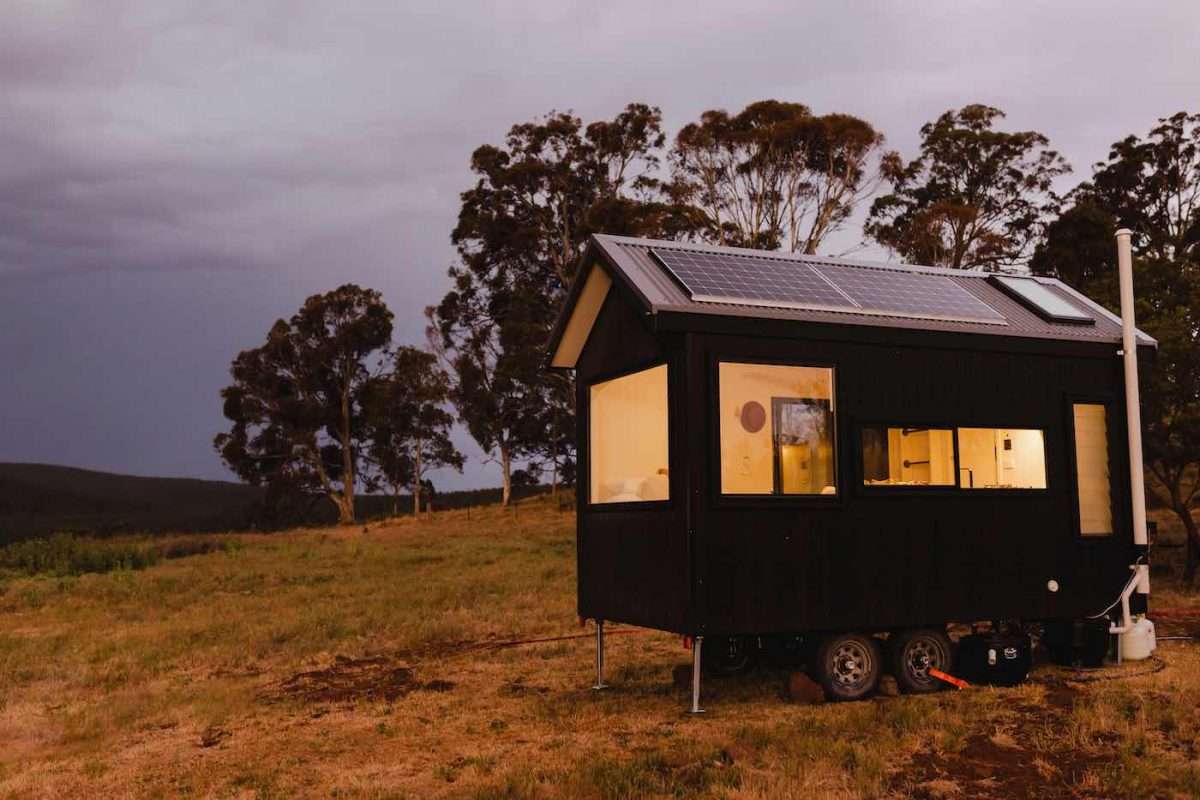
Safety and Crime Rates
Crime rate slightly higher than national average
While Kansas is generally a safe place to live, it’s important to be aware that the overall crime rate in the state is slightly higher than the national average. This means that you should take normal precautions to ensure your safety and the security of your property. It’s always a good idea to research specific neighborhoods or areas before making a decision to settle down in Kansas.
Higher crime rates in urban areas
It’s worth noting that the crime rates in Kansas tend to be higher in urban areas compared to rural areas. Like in any other state, it’s important to stay vigilant and take necessary precautions when living in or visiting more populated parts of Kansas. However, many rural areas in the state have lower crime rates, offering a safer and more peaceful living environment.
Natural Disasters in Kansas
Earthquakes in Kansas
While Kansas is not typically associated with earthquakes, the state does experience seismic activity, although at a lower magnitude compared to other regions. Most earthquakes in Kansas are considered minor and rarely cause significant damage. However, it’s always important to be prepared and have emergency plans in place in case a stronger earthquake does occur.
Floods in Kansas
Like many other states, Kansas is susceptible to flooding due to its many rivers and streams. Heavy rainfall or melting snow can cause rivers to overflow their banks, resulting in flooding in low-lying areas. It’s important to be aware of flood-prone areas if you’re considering living in Kansas, as flooding can cause significant damage to properties and pose risks to personal safety.
Tornadoes in Kansas
Kansas is often referred to as part of “Tornado Alley,” a region in the United States where tornadoes are more frequent. The state experiences a higher number of tornadoes compared to many other areas. It’s essential to have a plan and be familiar with tornado warning systems if you’re living in or visiting Kansas. Paying attention to weather forecasts and being prepared can help mitigate the risks associated with tornadoes.
Wildfires in Kansas
Kansas is also prone to wildfires, particularly in its drier western regions. Dry conditions and strong winds can contribute to the spread of wildfires, posing a threat to both natural areas and residential properties. It’s crucial to follow fire safety guidelines, maintain defensible spaces, and be aware of any burn bans or restrictions in effect to prevent wildfires and protect yourself and your property.
Winter storms in Kansas
Winter storms, including snowfall and freezing temperatures, occur in Kansas. Blizzards and ice storms can lead to dangerous travel conditions and power outages. It’s important to be prepared for winter storms by having essential supplies, such as food, water, and blankets, as well as a backup heating source if necessary. Staying informed about weather forecasts and following any advisories or warnings can help ensure your safety during winter storms.
In conclusion, Kansas offers a low cost of living and affordable land for off grid living. The state has diverse climates, plenty of freshwater resources, and abundant wildlife for outdoor enthusiasts. While property taxes may be higher, the overall cost of living is lower. Kansas also provides job opportunities, particularly in industries such as agriculture, mining, and manufacturing. It’s important to consider safety and crime rates, as well as be prepared for natural disasters such as earthquakes, floods, tornadoes, wildfires, and winter storms. Overall, Kansas is a welcoming state for those seeking a more self-sufficient and affordable lifestyle.
